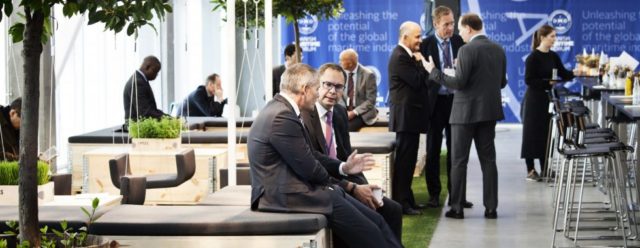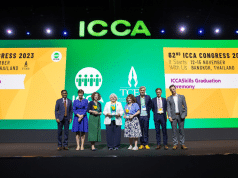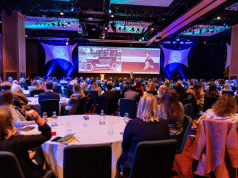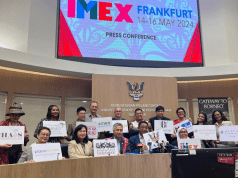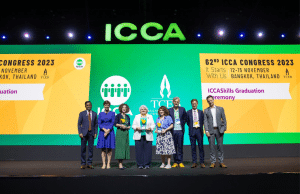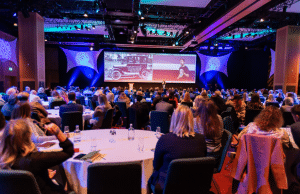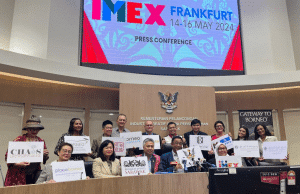From 26-27 October 2016, key leaders, ministers, opinion shapers, experts, NGOs and other influential decision-makers gathered in Copenhagen for the third Danish Maritime Forum, organised by Danish Maritime Days. Representing all parts of the global maritime value chain, these 200 leaders worked to identify key challenges and opportunities to unleash the potential of the global maritime industry, increasing long term economic development and human wellbeing.
The New Normal
Although shipping is commonly cited as the most environmentally friendly form of transportation, a fundamental theme throughout the entire event focused on how a more sustainable approach should become “the new normal”, and that businesses are required to change how they operate in order to achieve long-lasting success while championing sustainable development. In line with this, the DMF continued its commitment towards sustainability by ramping up efforts to “reduce, reuse and recycle” and increase the positive environmental, social and economic impacts of the event with support from MCI Sustainability Services.
Towards Zero
Taking its commitment to sustainability one step further, the Danish Maritime Forum compensated for all international and local carbon emissions related to the event – resulting in a “net zero” carbon neutral event. All emissions created by the event will be offset by investing into a hydropower project certified by the United Nations that has been contributing to lower the carbon intensity of Southern India’s grid, resulting in an annual emissions reduction of 50,000 tons of CO2. The project additionally supports the sustainable development of the region by narrowing the power deficit and providing employment for the local villagers.
The ambitious goal of a “Zero Waste” event resulted in only 0.5% of residual waste going to landfill. 90% of production materials used were rented, reused or donated. 96% of all carpet was reused (over 1,100m2) with the remaining 4% recycled, while the wood from the stage backdrop was reused and given to a family that builds bird shelters. This year a focus was made on selecting better materials – regular foam boards were replaced with eco-foam boards and FSC certified paper was once again used for the few printed materials.
Improving Performance
This year’s food and beverage menu contained 100% sustainably sourced local seafood – a 20% increase from DMF 2015. 60% of food served was certified organic and 60% of the menu was vegetarian. This was a substantial increase from 35% and 50% respectively in 2015.
The MeetGreen® calculator was used to evaluate the overall sustainability performance of the DMF 2016 event management processes. This audit system evaluates over 150 best practices in sustainable event management such as Destination, Venue, Accommodation, Transportation, Food and Beverage, Exhibition Production and Communications. The DMF 2016 earned a leadership score of 76%, an increase from 72% in 2015 and 51% in 2014. These positive results are well above the MeetGreen® event average of 45%, which demonstrates the results of the team`s three year commitment to sustainability.
Power of Collaboration
Consultants from MCI worked with DMF for the third year to support the sustainability program. To achieve these impressive results, MCI facilitated workshops with the key suppliers and partners to co-create the event sustainability strategy and policy, which was signed by all key suppliers. The team consequently documented the progress on sustainability and provided improved data of their environmental impacts.
“A sustainable mind-set is an important part of our DNA,” says Michael Søsted, Head of the DMD Secretariat. “Over the past three years we have proved that the concepts of circular economy, recycling and local-sourcing are both good for business, the environment, and the participant experience. Concurrently we have provided a platform to discuss and advance how sustainability issues create business opportunities for the maritime industry.”
Guy Bigwood, MCI Group Sustainability Director and lead project consultant commented, “It has been a wonderfully rewarding journey to see the exceptional progress made by the DMF team towards building more responsible, impactful and engaging events. Their achievements in meeting design and sustainability prove that smaller events can use sustainability as a driver of business advantage, improved results and lower costs.


